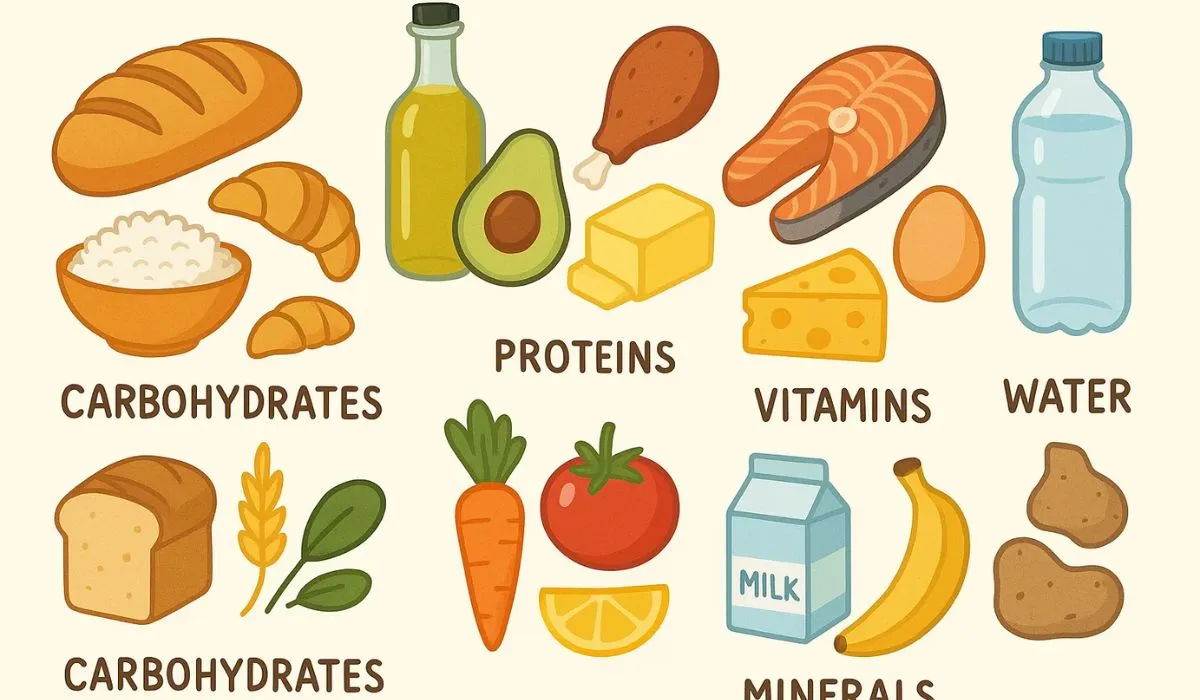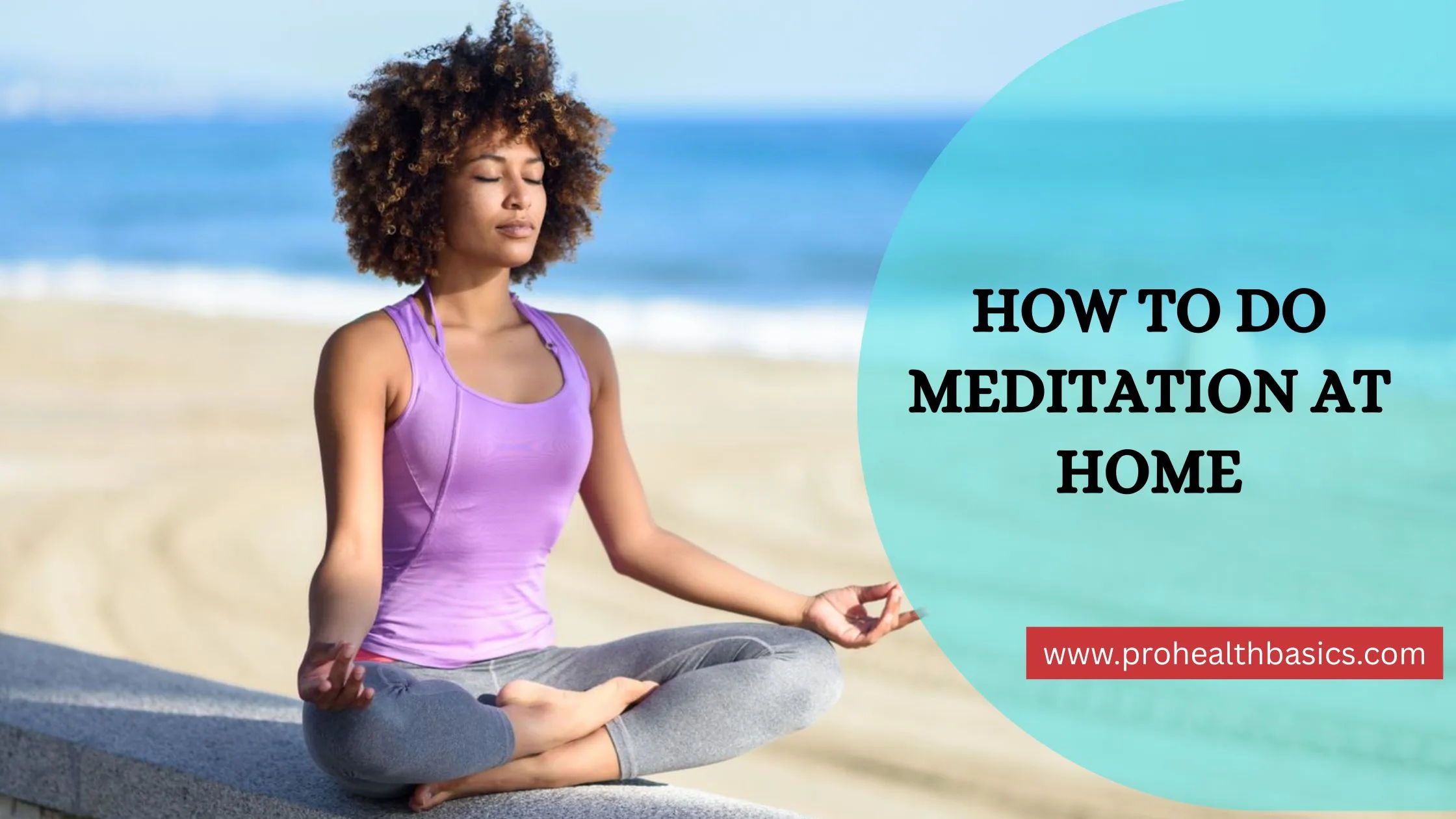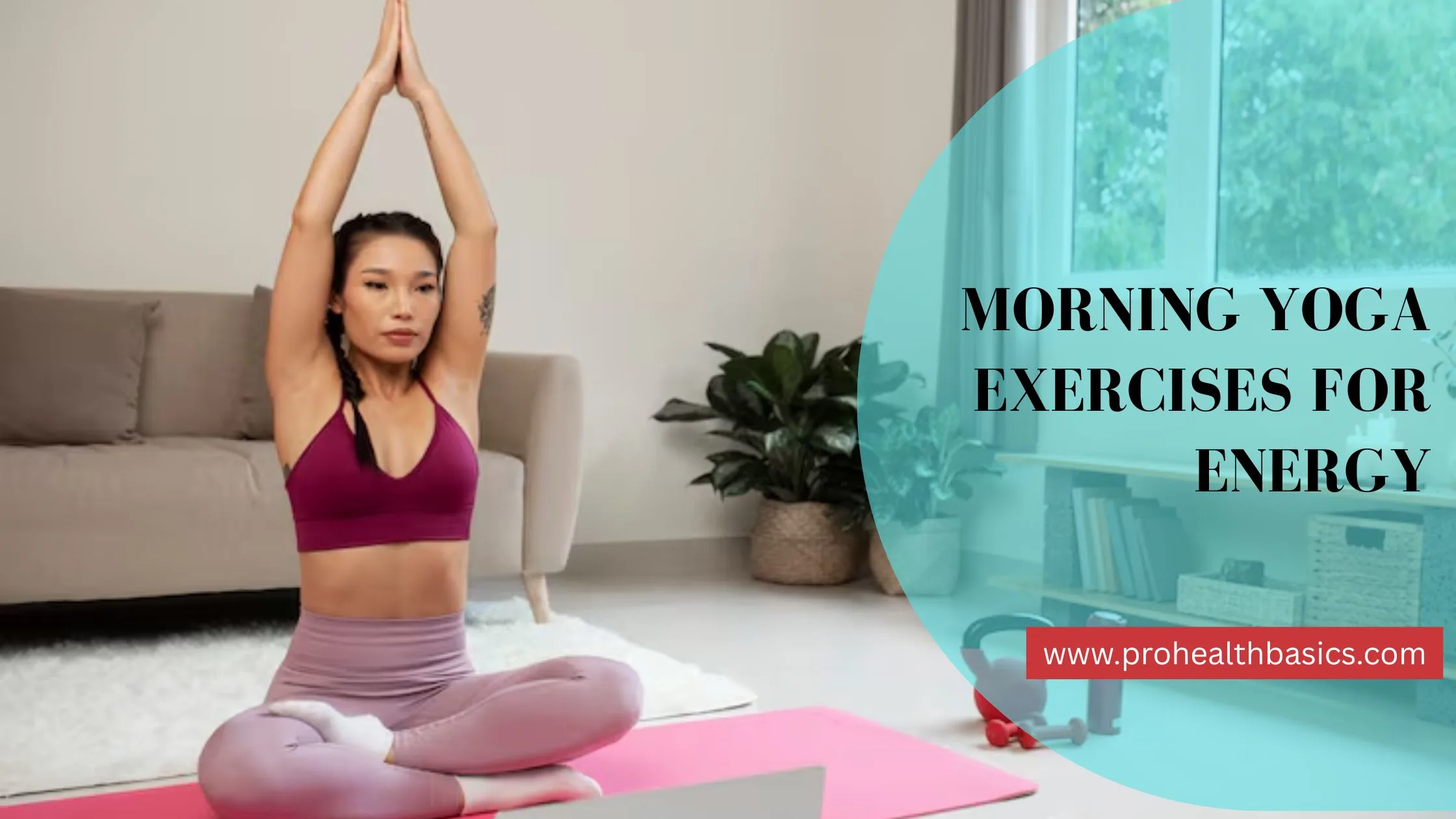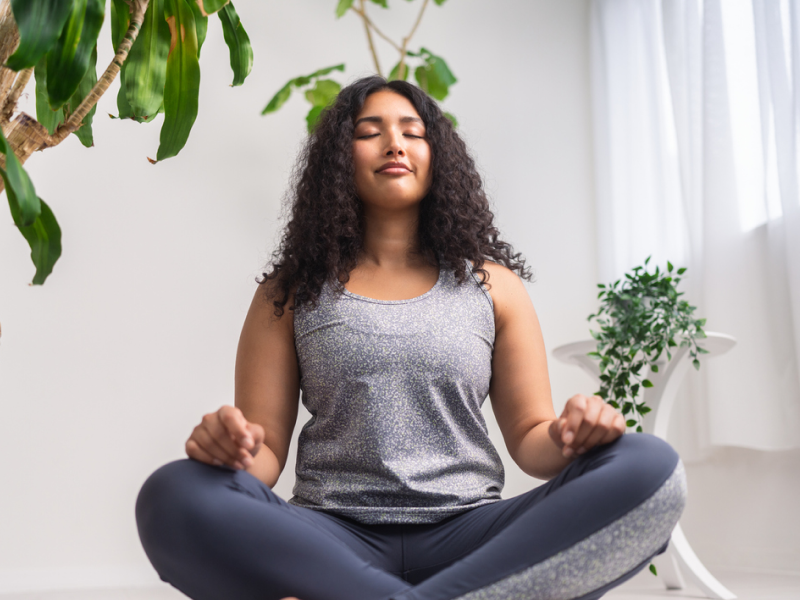Daily mindfulness practice can make a real difference in your life. In fact, a recent study of mindfulness-based stress reduction practitioners that was published in an American psychological journal suggests that increasing mindfulness on a daily basis, can be a beneficial means to improve daily psychological well being.
Regularity is key, too. It builds your mindfulness muscle your memory that you can be aware of what’s up with you and your surroundings at any given moment. The mindfulness you engage in every day can vary in terms of the type of things you do, the length you do it, and how you do it, but the key is to be doing something every day.
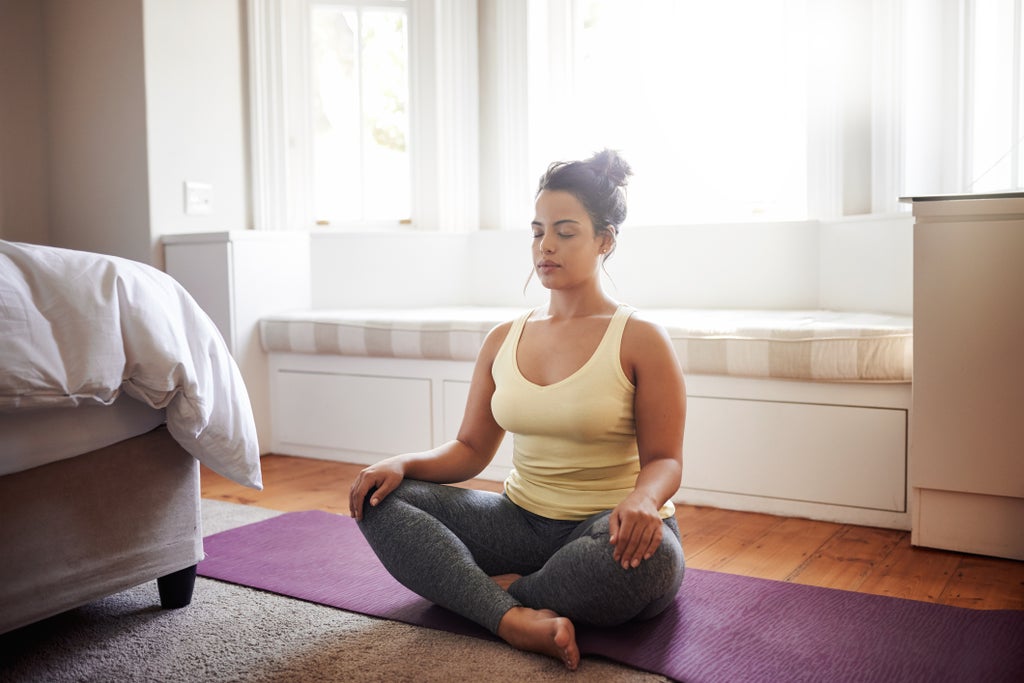
One thing I know is that we get off-kilter at various times throughout the day. Our emotions can take us off course, our circumstances can, too, and mindfulness practice can help us to re-establish ourselves. So, with that in mind, let’s start with a little practice that we call “Taking Your Seat.
What is Mindfulness Meditation?
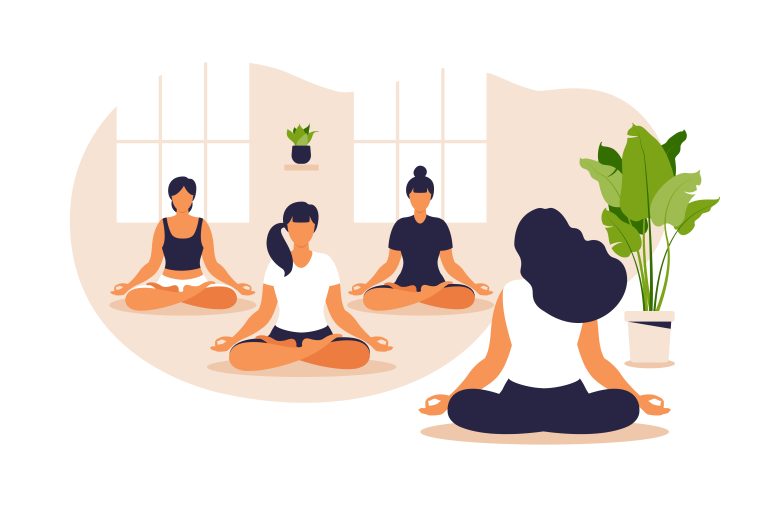
Mindfulness meditation is a practice that involves intentionally paying attention to the present moment, non-judgmentally. It is about being fully aware of your thoughts, emotions, sensations, and surroundings without getting caught up in them. By practicing mindfulness, you can develop a greater sense of clarity, calmness, and self-awareness.
The Benefits of Mindfulness Meditation

1: Reduced Stress and Anxiety: Mindfulness meditation has been shown to reduce stress levels and anxiety. By focusing on the present moment, you can better manage your thoughts and emotions, leading to a more balanced and peaceful state of mind.
2: Improved Concentration: Regular mindfulness meditation practice can enhance your ability to stay focused and concentrate on tasks. This can be particularly beneficial in our fast-paced and demanding modern life.
3: Enhanced Emotional Well-being: Mindfulness meditation can help you cultivate a more positive outlook on life and develop greater resilience in the face of challenges. It promotes emotional awareness and allows you to respond to situations with calmness and clarity.
4: Better Physical Health: Numerous studies have linked mindfulness meditation to improved physical health outcomes. It can help lower blood pressure, reduce chronic pain, and support overall well-being.
Getting Started with Mindfulness Meditation
Set Aside Time
Find a quiet and comfortable space where you can practice mindfulness meditation without distractions. Start with just a few minutes a day and gradually increase the duration over time.
Find a Comfortable Posture
Whether you choose to sit on a cushion, a chair, or lie down, it's important to find a posture that allows you to be relaxed and alert. There is no right or wrong way to sit, as long as you feel comfortable and supported.
Focus on Your Breath
Begin by paying attention to your breath. Notice the natural flow of your breath as you inhale and exhale. If your mind starts to wander, gently bring your attention back to your breath without judgment.
Be Kind to Yourself
As you practice mindfulness meditation, it's essential to be kind and patient with yourself. Accept that your mind will wander, and don't get discouraged. Simply acknowledge the thoughts and gently bring your focus back to the present moment.
Use Guided Meditations
If you're new to mindfulness meditation, using guided meditations can be a helpful tool. They provide instructions and support, helping you stay focused and engaged in the practice.
Conclusion
Mindfulness meditation offers a multitude of benefits for beginners and experienced practitioners alike. By incorporating mindfulness into your daily routine, you can cultivate a greater sense of peace, clarity, and well-being. Remember, mindfulness meditation is a journey, not a destination. Be patient with yourself and enjoy the present moment, one breath at a time.
Frequently Asked Questions!
How do I start meditating mindfulness?
Care contemplation made simple. Get comfortable: Track down a tranquil space. Utilizing a pad or seat, sit upright yet not firm; permit your head and shoulders to rest serenely; put your hands on the highest points of your legs with upper arms next to you. Presently relax: Shut your eyes, take a full breath, and unwind.
Is it better to meditate in the morning or before bed?
As indicated by a review from the College of Kentucky, morning contemplation can assist with diminishing pressure and uneasiness over the course of the day. While reflection around evening time helps clear the psyche of any waiting contemplations or stresses from the day which further develops rest quality and advances unwinding.
How do I stop thinking when meditating?
Simply dialing back our breath makes demonstrated impacts , like quieting the sensory system and lessening sensations of tension. In the mean time, focusing on your breath gives a consistent point of convergence during reflection, a welcome help from nosy considerations.
How many minutes should I meditate?
All things considered, he suggests pondering for at least 20 minutes, and now and again under five. "For a great many people, 15 to 20 minutes will give you simply the progressions that you want," Lakhiani says. "You can take a one-to three-minute plunge into serenity, and you can see striking outcomes.


